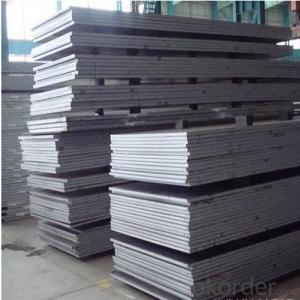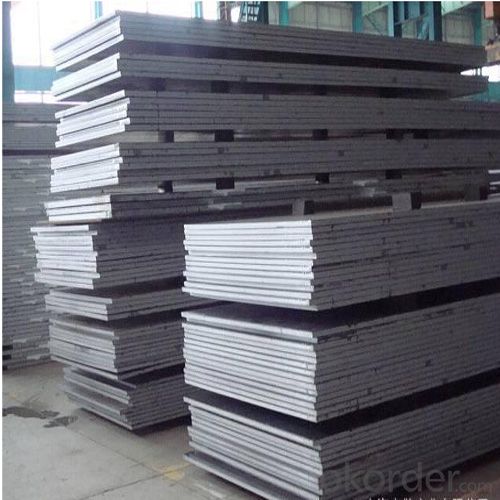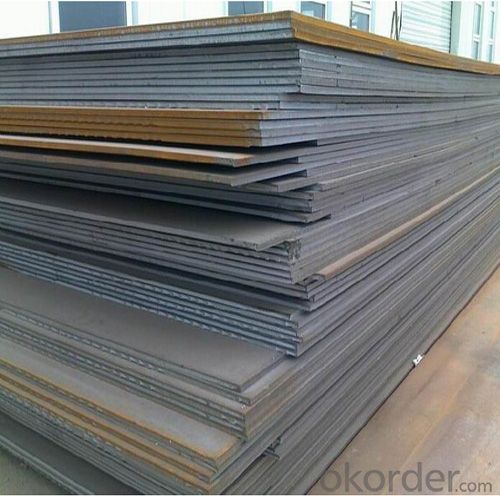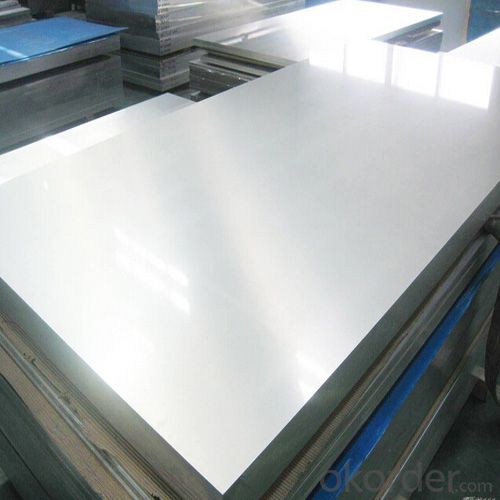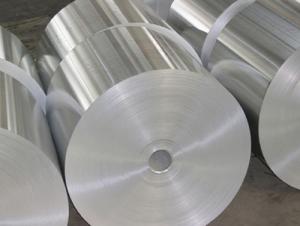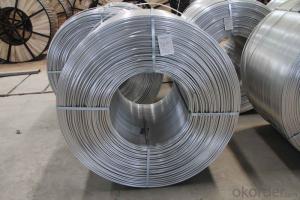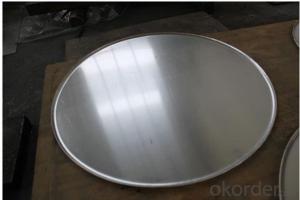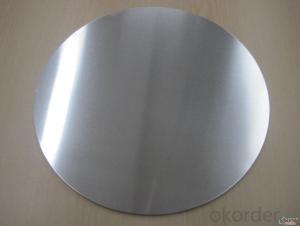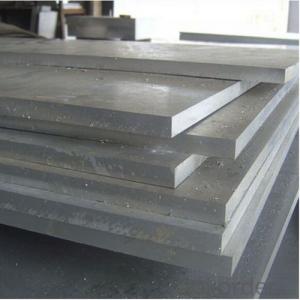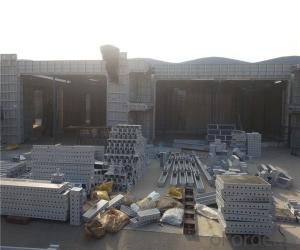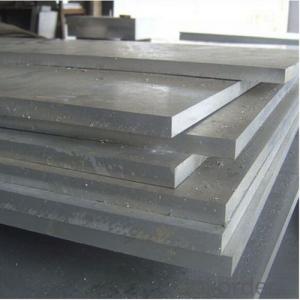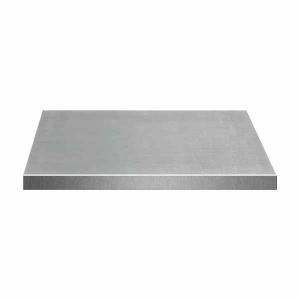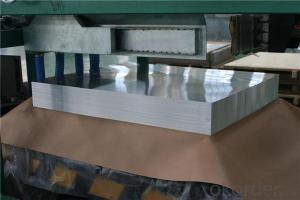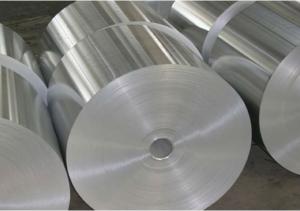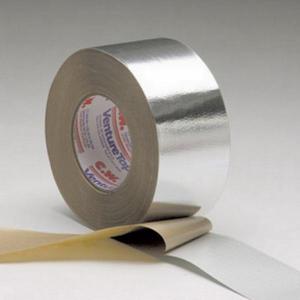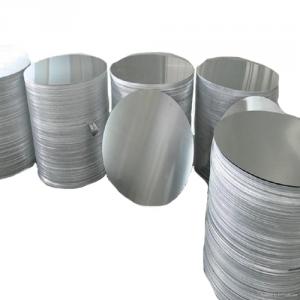Aluminum T6 Alloy Aluminum Plate 7022 from Professional Manufactory
- Loading Port:
- Shanghai
- Payment Terms:
- TT OR LC
- Min Order Qty:
- 5 m.t
- Supply Capability:
- 10000 m.t/month
OKorder Service Pledge
OKorder Financial Service
You Might Also Like
Specification
1.Structure of T6 Alloy Aluminum Plate 7022 Description:
T6 Alloy Aluminum Plate 7022 adds to the 3%-7.5% of zinc-containing alloys of magnesium, can form the strengthening effect of MgZn2, make the alloy heat treatment effect than on the aluminum-zinc alloy. Improve the content of zinc and magnesium alloys, the tensile strength will be further improved, but its resistance to stress corrosion and spalling corrosion will decline. Subjected to heat treatment and can reach very high strength characteristics. 7022 material is generally a small amount of copper, chrome, alloy, the 7022 aluminum alloy is the top grade, known as the most excellent products in aluminum alloy, high strength, far better than any mild steel.
2.Main Features of T6 Alloy Aluminum Plate 7022:
PVC Protect Film
Waterproof paper
High Quality
Competitive Price
3. T6 Alloy Aluminum Plate 7022 Images:
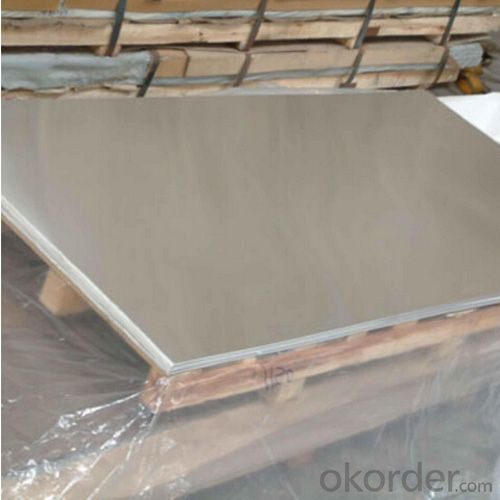
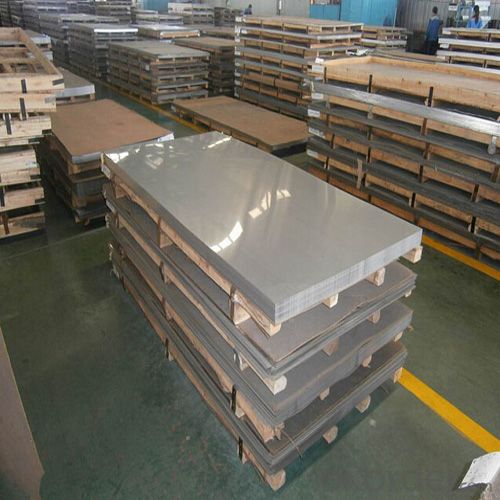
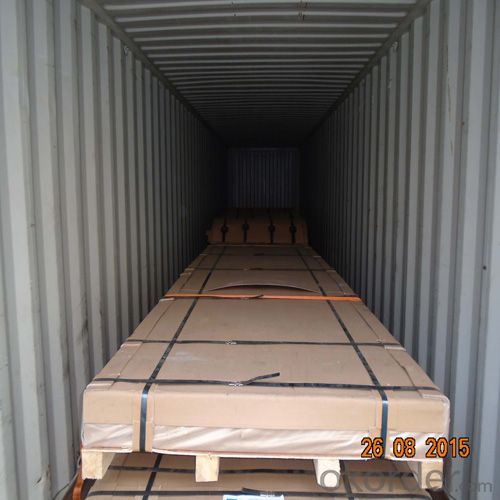
4. T6 Alloy Aluminum Plate 7022 Specification:
Standard | GB/T3190-2008, GB/T3880-2006, ASTM B209, JIS H4000-2006 .etc |
Thickness | 0.2-8mm aluminium 5050 H38 |
Width | 1250mm 1000mm or as your requirements |
Length | 3000mm 5800mm or as your requirements |
MOQ | 5 Ton |
Package | Standard export package, by wooden box or as require |
5.FAQ
Q1.How long have you been in this product?
A1:More than 10 years.
Q2. What's the minium quantity(MOQ)?
A2. 5 Metric tons
Q3. How long is shipping time?
A3. 7 (ready-made products)-25 days(OEM)
Q4. How do you guarantee the quality?
A4. 1. Cooperating and Exchaning experience with sevral quoted aluminum companies
2. Japanese and Swiss production line and skilled works (regular training and testing)
3. more than 10 years production experience.
Q5. Do you have after sale service?
A5. Yes. Any quality problem occurs within one year, pls take photoes,we will be responsible.
- Q: This question asks about the typical issues that arise due to the corrosion of aluminum.
- <p>Common problems with aluminum corrosion include loss of structural integrity, which can compromise the safety and performance of aluminum components. Corrosion can lead to a decrease in mechanical strength, increased brittleness, and a reduction in the electrical and thermal conductivity of aluminum. Additionally, aesthetic issues such as discoloration and pitting can occur, affecting the appearance of aluminum surfaces. Environmental factors and improper handling can accelerate corrosion, leading to costly repairs or replacements.</p>
- Q: This question asks for an enumeration of different types of aluminum alloys.
- <p>Aluminum alloys are categorized based on their primary alloying elements and their applications. Some common types include: 1) 1000 series (99% pure aluminum), 2) 2000 series (alloyed with copper), 3) 3000 series (alloyed with manganese), 4) 4000 series (alloyed with silicon), 5) 5000 series (alloyed with magnesium), 6) 6000 series (alloyed with magnesium and silicon), and 7) 7000 series (alloyed with zinc). These alloys have various properties, making them suitable for different industries such as aerospace, automotive, and construction.</p>
- Q: This question asks about the impact of adding silicon to aluminum alloys on their characteristics.
- <p>Adding silicon to aluminum alloys significantly enhances their properties. Silicon increases the alloy's strength and hardness, making it more durable. It also improves the alloy's resistance to corrosion, particularly in harsh environments. The addition of silicon can also reduce the melting point of the alloy, which can be beneficial for casting processes. However, it should be noted that excessive silicon content can lead to a decrease in ductility and workability of the alloy. Overall, silicon is a common alloying element used to improve the mechanical properties and performance of aluminum alloys in various applications.</p>
- Q: This question asks about the various applications of aluminum in the construction industry.
- <p>Aluminum is widely used in construction due to its lightweight, high strength, and corrosion resistance. It is commonly used in window frames, door frames, curtain walls, and roofing systems for its durability and energy efficiency. Aluminum is also utilized in structural components such as beams and columns, as well as in the manufacturing of prefabricated buildings. Additionally, it is used in the electrical wiring and conduits within buildings due to its excellent conductivity. Its versatility makes it a popular choice for both residential and commercial construction projects.</p>
- Q: Is it possible to utilize recycled aluminum in the construction of buildings?
- <p>Yes, recycled aluminum can be used for building materials. It is commonly used in various construction applications due to its strength, durability, and lightweight properties. Recycled aluminum is not only environmentally friendly but also cost-effective compared to newly mined aluminum. It is used in the production of aluminum windows, doors, roofing materials, and structural components. Additionally, its recyclability reduces waste and conserves natural resources.</p>
- Q: Is it safe to use pure aluminum for baking or roasting food in a traditional oven or grill?
- <p>While pure aluminum is a common material in cookware, it's not recommended for direct use in baking or roasting food in a traditional oven or grill. Aluminum can react with acidic foods, potentially leaching aluminum into the food. Additionally, aluminum foil can burn and create a hazardous situation. For baking or roasting, it's safer to use materials specifically designed for these purposes, such as parchment paper, silicone baking mats, or oven-safe dishes.</p>
- Q: Is aluminum a suitable material for manufacturing solar panels?
- <p>Yes, aluminum is commonly used in the manufacturing of solar panels. It is utilized primarily for the frame of the solar panel, providing structural support and protection. Aluminum is chosen for its lightweight, high strength, and corrosion resistance, which are ideal properties for outdoor applications like solar panels. It also helps in heat dissipation, which is beneficial for maintaining the panels' efficiency. While aluminum is not used in the actual photovoltaic cells, its role in the panel's construction is significant.</p>
- Q: This question asks for examples of alloys that include aluminum as a primary component.
- <p>Aluminum is a versatile metal that forms several common alloys used in various industries. Some of the most common aluminum alloys include: 1. 1000 series, which is pure aluminum with a high percentage of aluminum content. 2. 2000 series, known for their strength due to copper content. 3. 3000 series, which are non-heat-treatable alloys with good formability and are rich in manganese. 4. 5000 series, characterized by their magnesium content, making them strong and resistant to corrosion. 5. 6000 series, which are heat-treatable and contain silicon and magnesium, offering good mechanical properties. 6. 7000 series, the strongest aluminum alloys, containing zinc as the primary alloying element. These alloys are widely used in aerospace, automotive, construction, and other industries due to their lightweight and strength.</p>
- Q: Is there an alternative method for recycling aluminum besides the conventional process?
- <p>Yes, aluminum can be recycled using different processes. While the conventional process involves melting and recasting, alternative methods include mechanical recycling, which involves shredding and reusing aluminum without melting, and chemical recycling, which breaks down aluminum into its base elements and reassembles them into new products. These methods can be more energy-efficient and environmentally friendly, depending on the specific circumstances and technologies used.</p>
- Q: Dangemen mills and other Aluminum Alloy and enterprises what is the difference?
- Other aluminium door enterprises cover many other products. This can be said to be the most obvious difference Dangemen factory and other enterprises.
Send your message to us
Aluminum T6 Alloy Aluminum Plate 7022 from Professional Manufactory
- Loading Port:
- Shanghai
- Payment Terms:
- TT OR LC
- Min Order Qty:
- 5 m.t
- Supply Capability:
- 10000 m.t/month
OKorder Service Pledge
OKorder Financial Service
Similar products
Hot products
Hot Searches
Related keywords
